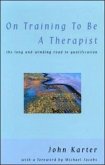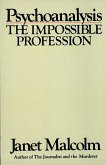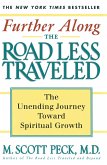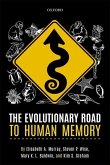Before Julie Callahan came to the house at 9 Highland Road in Glen Cove, New York, she had spent a good part of her young life in mental hospitals, her mental and emotional coherence nearly destroyed by a childhood of sexual abuse. Fred Grasso, a schizophrenic, had lived in a filthy single-room occupancy hotel. At 9 Highland Road they and their housemates were given a decent alternative to lives in institutions or in the streets. It was a place in which some even found the chance to get better. This perfectly observed and passionately imagined book takes us inside one of the supervised group homes that, in an age of shrinking state budgets and psychotropic drugs, have emerged as the backbone of America's mental health system. As it follows the progress and setbacks of residents, their families, and counselors and notes the embittered resistance their presence initially aroused in the neighborhood, 9 Highland Road succeeds in opening the locked world of mental illness. It does so with an empathy and insight that will change forever the way we understand and act in relation to that world.
Hinweis: Dieser Artikel kann nur an eine deutsche Lieferadresse ausgeliefert werden.
Hinweis: Dieser Artikel kann nur an eine deutsche Lieferadresse ausgeliefert werden.








